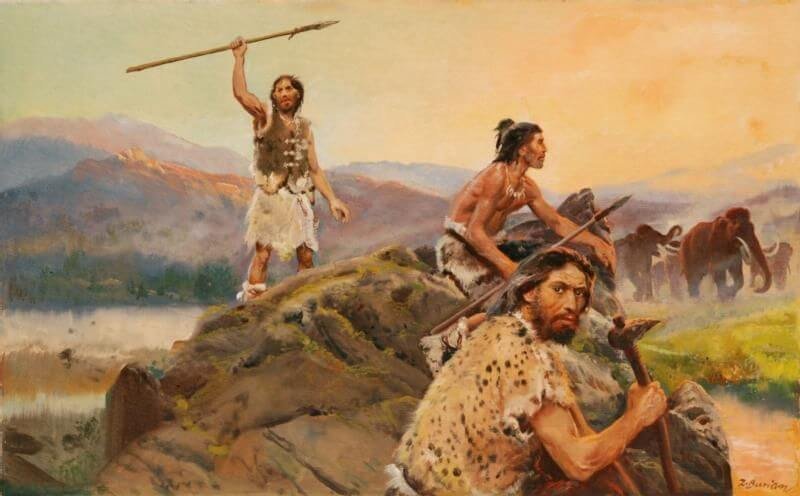In recent years, more and more evidence has been accumulated to the effect that humans were a major factor in the extinction of large animals, and consequently had to adapt to hunting smaller game, first in Africa and later in all other parts of the world. In Africa, 2.6 million years ago, when humans first emerged, the average size of land mammals was close to 500kg. Just before the advent of agriculture, this figure had decreased by over 90% – down to several tens of kg.
According to the researchers, the decrease in the size of the game and the need to hunt small, swift animals forced humans to display cunning and boldness – an evolutionary process that demanded increased volume of the human brain and later led to the development of language enabling the exchange of information about where the prey could be found.
“We correlate [an] increase in human brain volume with the need to become smarter hunters,” explains [researcher Dr. Miki] Ben-Dor. For example, the need to hunt dozens of gazelles instead of one elephant generated prolonged evolutionary pressure on the brain functions of humans, who were now using up much more energy in both movement and thought processes.”































